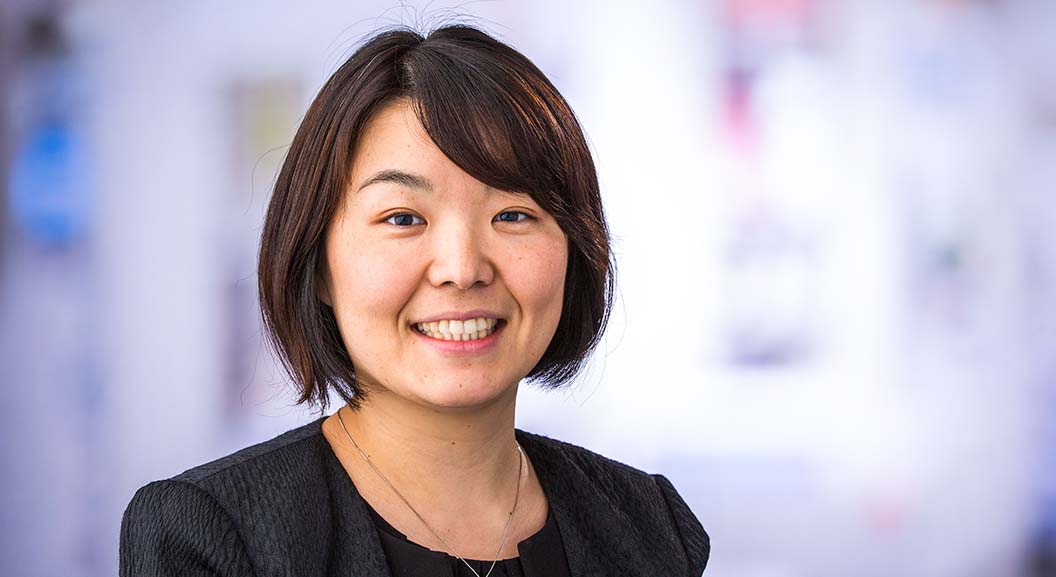
Novel regimen greatly reduced chronic GVHD in phase 2 study
Chronic graft-vs.-host disease (cGVHD) can be debilitating for people who have had an allogeneic stem cell transplant. In GVHD, the transplanted donor cells recognize the recipient’s tissues as foreign and attack them. This can cause a variety of problems throughout the body, from skin rashes to organ damage.
A novel drug regimen tested for the first time by researchers at Fred Hutch Cancer Center has shown great promise in preventing moderate to severe cGVHD after transplant in people who received nonmyeloablative or reduced-intensity conditioning to treat a blood cancer.
In a randomized phase 2 study, the Fred Hutch team compared the effects of two drug combinations given to prevent GVHD by suppressing the immune system: sirolimus, cyclosporine and mycophenolate mofetil (SIR/CSP/MMF) and sirolimus, cyclosporine and post-transplant cyclophosphamide (SIR/CSP/PTCy).
The rate of moderate to severe cGVHD one year after transplant was 1% in the latter group, who received PTCy, compared to 28% in the control group. Estimated one-year cGVHD-free relapse-free survival was also better in the PTCy group — 76% vs. 55%.
“PTCy has been a gamechanger for chronic GVHD, and our novel combination of drugs may work even better than previous combinations of drugs with PTCy,” said Masumi Ueda Oshima, MD, MA, associate professor (Hematology and Oncology) and lead researcher for the study, who was pleased to see that the reduction in cGVHD was not offset by an increased risk of the patient’s cancer returning.